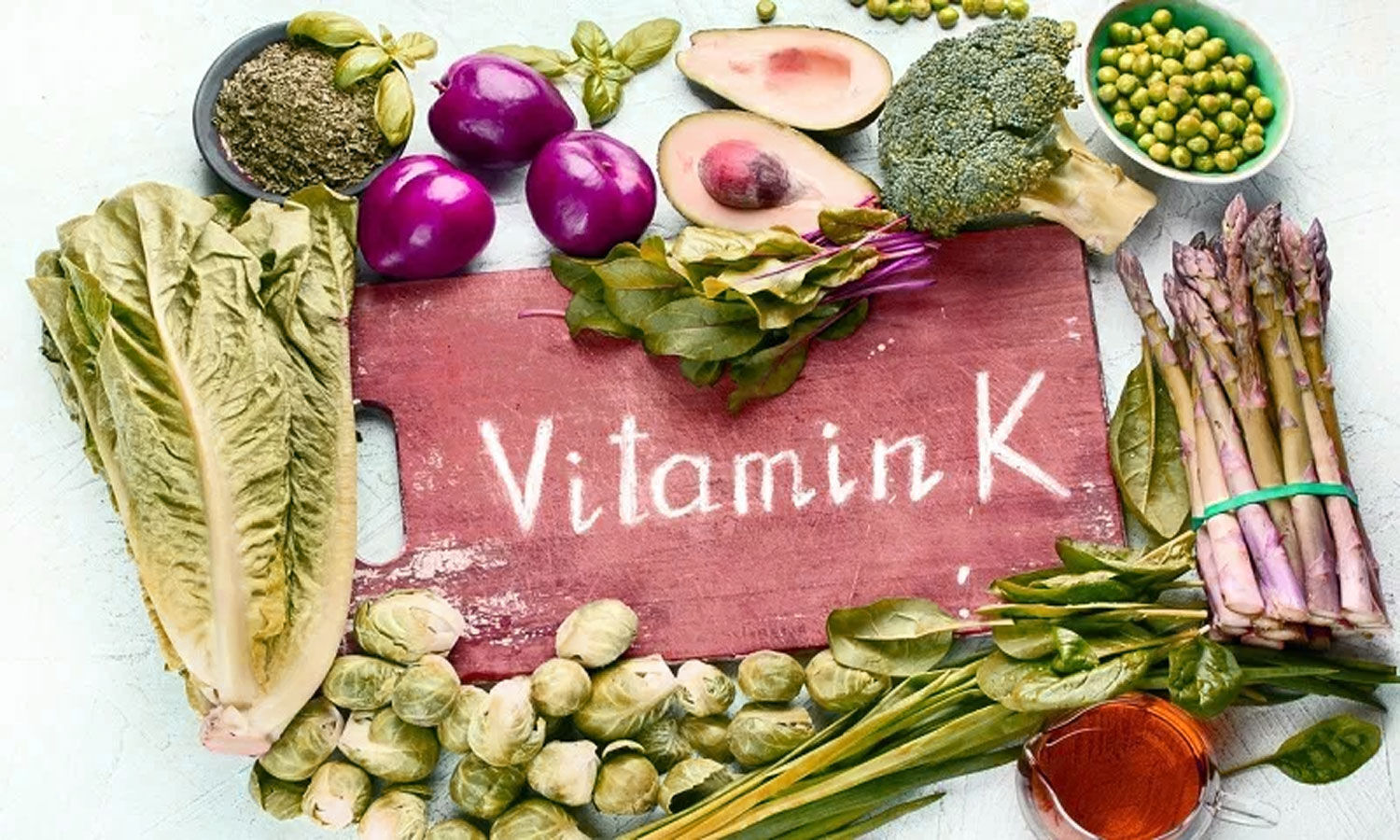Why Do We Eat
2 Topics | 1 Quiz
What Is In Food
Carbohydrates
6 Topics | 1 Quiz
Fiber
4 Topics | 1 Quiz
Fats
6 Topics | 1 Quiz
Proteins
6 Topics | 1 Quiz
Vitamins and Minerals
9 Topics | 1 Quiz
Water
3 Topics | 1 Quiz
What Does Food Do
5 Topics | 1 Quiz
A Brief Look At Digestion
4 Topics
WHAT HAPPENS AFTER WE EAT
All Food Is Not The Same
6 Topics
CURATED INFORMATION
How We Should Eat
6 Topics
INSPIRATION
Nutrition Should Be Fun
11 Topics
Fat Soluble Vitamins

Fat-soluble Vitamins are stored in the fat tissues and liver after they are absorbed from the diet. Whenever they are needed they are taken out of storage. Vitamins A, D, E, and K are all fat-soluble vitamins.
Vitamin A
- Vitamin A plays a big role in vision. It is especially important for night vision: seeing in the dark.
- Vitamin A also helps us see in color, from the brightest yellows to the darkest purples.
- Vitamin A also boosts our immune system which allows our our bodies to fight off infections.

Foods rich in vitamin A include:
- Milk fortified with vitamin A
- Liver
- Orange-colored fruits and vegetables (like cantaloupe, carrots, and sweet potatoes).
- Dark green leafy vegetables (like kale, collards, spinach).
A deficiency in Vitamin A many show up as:
- Dry scaly skin
- Retarded growth
- Poor vision in the dark
- Xerophthalmia (inability to make tears)
- Colds
- Bronchitis
- Diarrhea
Vitamin D
- Vitamin D has many different roles. It is necessary for the formation and maintenance of strong bones and teeth by helping the body absorb and regulate Calcium and Phosphorus.
- It also plays an important role in the regulation of the immune system.
- Vitamin D is made in the skin when exposed to sunlight.

Foods rich in vitamin D include:
- Milk and other dairy products fortified with vitamin D
- Fish
- Egg yolks
- Liver
- Fortified cereal
A deficiency of Vitamin D may show up as:
- Weak teeth and bones
- Tooth decay
- Poor growth
- Rickets: softening and weakening of bones in children, usually due to inadequate vitamin D.
Vitamin E
- Vitamin E is an antioxidant. Antioxidants are substances that neutralize free radicals that may damage DNA, cells and tissues. Free radicals are chemicals that either come from the environment or are naturally formed in the body as a byproduct of calories being converted to energy.
- Vitamin E is also important for the health of red blood cells.
- It is also important for reproduction.
- Protects fatty acids from oxidation.

Foods rich in Vitamin E include:
- Whole grains, such as wheat and oats
- Wheat germ
- Green leafy green vegetables
- Vegetable oils like sunflower, canola, and olive
- Egg yolks
- Seed and nuts
Vitamin E deficiency may shows up as:
- Sterility
- Muscular paralysis
- Inability to absorb fats
Vitamin K
- Vitamin K is important for normal blood clotting. which is the sticking together of cells, protein fibers and platelets at the surface of a cut. Here is a YouTube video addressing the subject.
- Vitamin K is also important for normal liver functioning.

Foods rich in vitamin K include:
- Green leafy vegetables
- Dairy products, like milk and yogurt
- Broccoli
- Soybean, canola, and olive oils
- Also produced by bacteria in the gut
Vitamin K deficiency may present as:
- Excessive bleeding
- Liver not functionally properly
References
